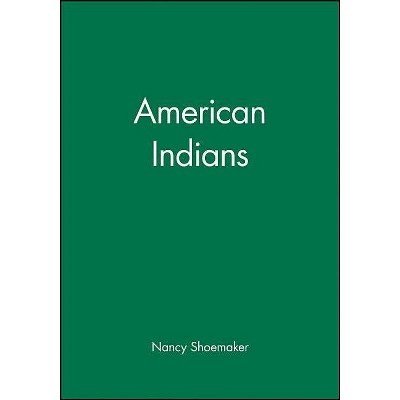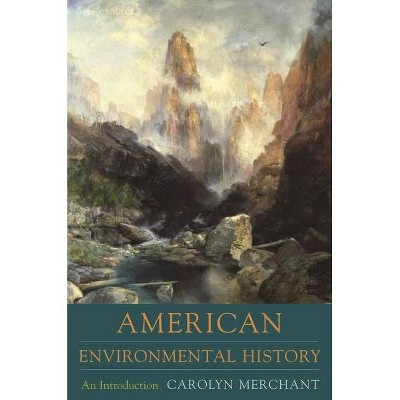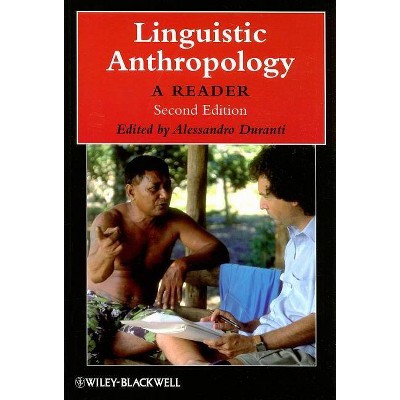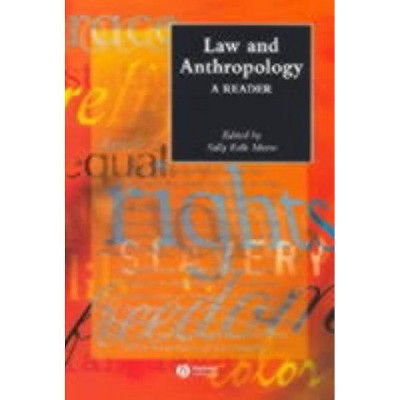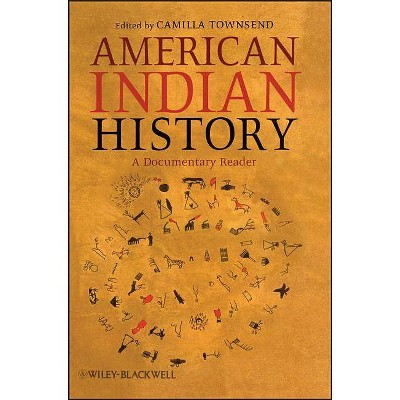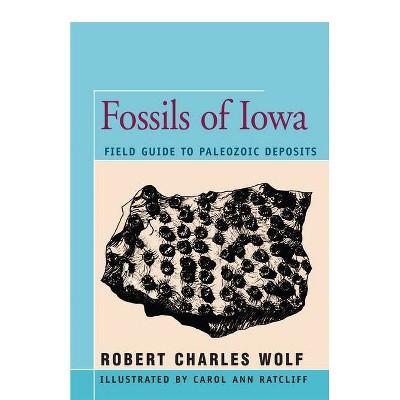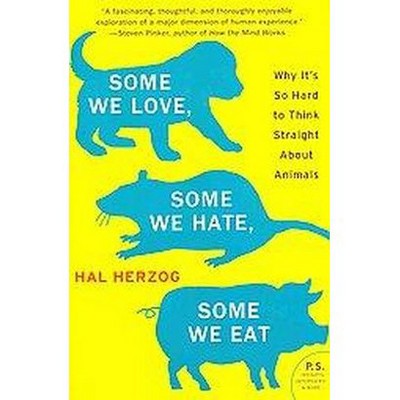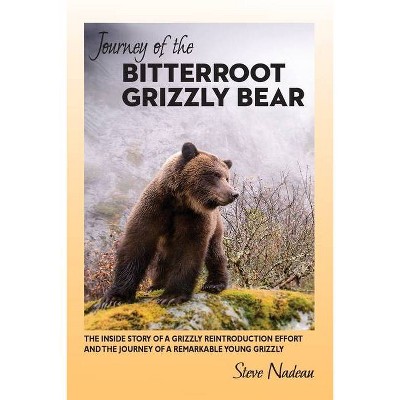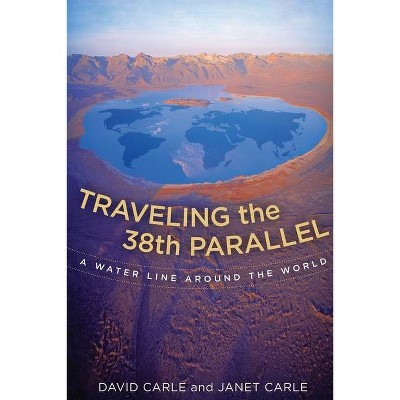American Environmental History - (Wiley Blackwell Readers in American Social and Cultural Hist) 2nd Edition by Louis S Warren (Paperback)
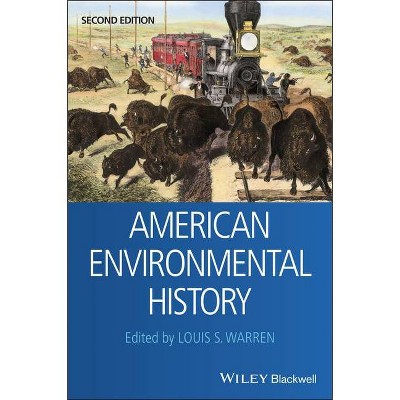
Similar Products
Products of same category from the store
AllProduct info
<p/><br></br><p><b> About the Book </b></p></br></br>"What is environmental history? At its most fundamental level, environmental historians explore the changing relations between people and nature. Such a broad definition can be more of a hindrance than a help, however. So let's be more specific. Environmental historians study how people have lived in the natural systems of the planet, and how they have perceived nature and reshaped it to suit their own idea of good living. More than this, the field of environmental history encompasses the investigation of how nature, once changed, requires people to reshape their cultures, economies, and politics to meet new realities. As we'll see in the pages that follow, such processes are not without social friction and unrest. People in history have battled mightily, and often, over what constitutes the best way of living in nature. As a field of study, environmental history has been around for more than a generation. To many, it is most familiar as the history of the environmental movement. Obviously, the kinds of relations and processes I am discussing here go far beyond that, but, to be sure, the history of environmental reform and politics are central to the field."--<p/><br></br><p><b> Book Synopsis </b></p></br></br><p><b>Explore how the peoples of America understood and changed their natural environments, remaking their politics, culture, and societies</b></p> <p>In this newly revised Second Edition of <i>American Environmental History, </i>celebrated environmental historian and author Louis S. Warren provides readers with insightful examination of how different American peoples created and reacted to environmental change and threats from the era before Columbus to the COVID-19 pandemic.</p> <p>You'll find concise editorial introductions to each chapter and interpretive interventions throughout this meticulous collection of essays and historical documents. This book covers topics as varied as Native American relations with nature, colonial invasions, American slavery, market expansion and species destruction, urbanization, Progressive and New Deal conservation, national parks, the environmental impact of consumer appetites, environmentalism and the backlash against it, environmental justice, and climate change.</p> <p>This new edition includes twice as many primary documents as the First Edition, along with findings from related fields such as Native American history, African American history, geography, and environmental justice.</p> <p>Ideal for students and researchers studying American environmental history and for those seeking historical perspectives on contemporary environmental challenges, this book will earn a place in the libraries of anyone with an interest in American history and the impact of American peoples on the environment and the world around them.</p> <p><b>Louis S. Warren </b>is the W. Turrentine Jackson Professor of Western U.S. History at the University of California, Davis. He is a two-time winner of the Caughey Western History Association Prize, a Guggenheim Fellow, and recipient of the Albert Beveridge Award of the American Historical Association and the Bancroft Prize in American History.</p> <p> </p><p/><br></br><p><b> From the Back Cover </b></p></br></br><p>In this newly revised Second Edition of <i>American Environmental History, </i> celebrated environmental historian and author Louis S. Warren provides readers with insightful examination of how different American peoples created and reacted to environmental change and threats from the era before Columbus to the COVID-19 pandemic.</p> <p>You'll find concise editorial introductions to each chapter and interpretive interventions throughout this meticulous collection of essays and historical documents. This book covers topics as varied as Native American relations with nature, colonial invasions, American slavery, market expansion and species destruction, urbanization, Progressive and New Deal conservation, national parks, the environmental impact of consumer appetites, environmentalism and the backlash against it, environmental justice, and climate change.</p> <p>This new edition includes twice as many primary documents as the First Edition, along with findings from related fields such as Native American history, African American history, geography, and environmental justice.</p> <p>Ideal for students and researchers studying American environmental history and for those seeking historical perspectives on contemporary environmental challenges, this book will earn a place in the libraries of anyone with an interest in American history and the impact of American peoples on the environment and the world around them.</p><p/><br></br><p><b> Review Quotes </b></p></br></br><br>"All those interested in North America's environmental history will treasure this volume for its trenchant commentary, its judicious selection of recent scholarship, and its illuminating documents and images." <i>Karl Jacoby, Brown University</i> <br /> <p><br /> </p> <p>"A skillfully edited, lively collection that examines the interplay of culture, politics, and nature in the American past. An excellent choice for environmental history courses." <i>Mark Fiege, Colorado State University</i></p><br><p/><br></br><p><b> About the Author </b></p></br></br><p><b>Louis S. Warren</b> is the W. Turrentine Jackson Professor of Western U.S. History at the University of California, Davis. He is a two-time winner of the Caughey Western History Association Prize, a Guggenheim Fellow, and recipient of the Albert Beveridge Award of the American Historical Association and the Bancroft Prize in American History.</p>
Price History
Price Archive shows prices from various stores, lets you see history and find the cheapest. There is no actual sale on the website. For all support, inquiry and suggestion messagescommunication@pricearchive.us

